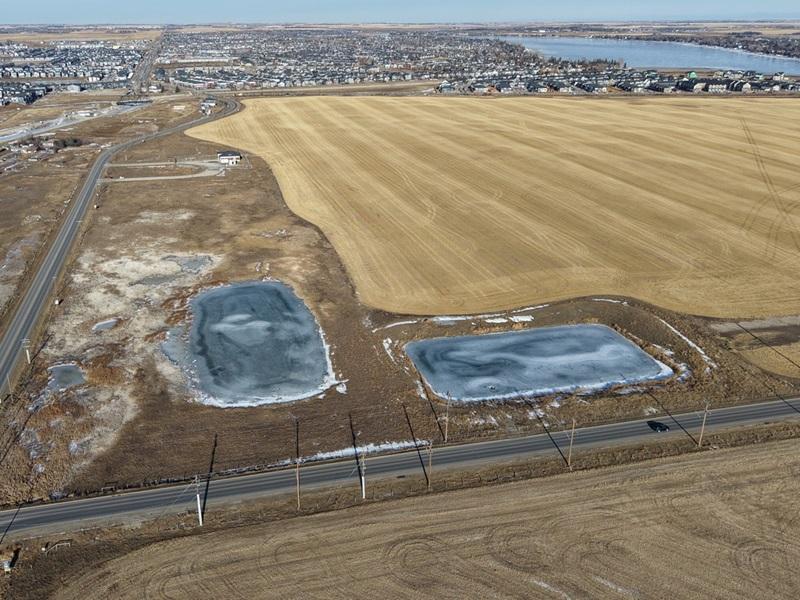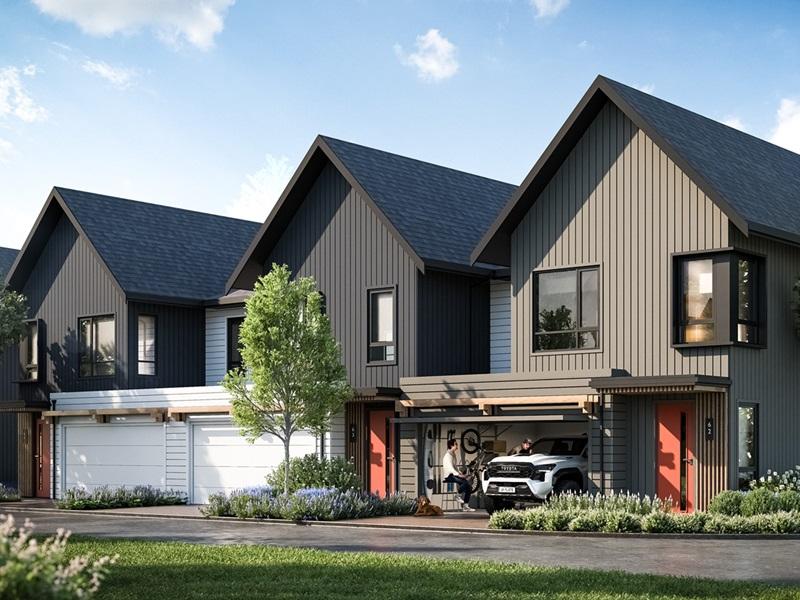
As anticipation builds that interest rates will begin to ease, Royal LePage is predicting housing prices will begin to rise much more steeply later in 2024 - and not surprisingly, the national realtor sees Toronto and Montreal leading the way.
In its most recent quarterly national home price forecast, Royal LePage has dramatically increased its price appreciation target, from 5.5 per cent in its previous report to nine per cent by Q4 of 2024. The potential for lower interest rates, and rising pent-up demand, are the key factors.
“Consistent with our previous forecast, the market did reach a critical tipping point in the first quarter of 2024, when home prices bottomed out and began to appreciate again. Clearly, more and more buyers are motivated by the need to get ahead of rising home prices, rather than adopting the strategy of waiting for mortgage rates to fall,” Phil Soper, the president and CEO of Royal LePage, said in the report.
It expects prices to rise 10 per cent on a year-over-year basis by Q4 2024 in Toronto and 8.5 per cent in Montreal. If that happens, housing prices in the Greater Toronto Area will surpass those in Greater Vancouver as the country’s most expensive place to purchase a home.
It currently costs an average of $1.177 million to buy a home in the GTA, while the cost in Greater Vancouver is an average of $1.238 million, up 3.4 per cent year-over-year. The forecast is for a 5.5 per cent year-over-year increase by Q4 in Greater Vancouver.
In Greater Montreal, by contrast, the average home currently would cost $579,300.
“Given the strong start to 2024, the cadence of the market for the balance of the year points to a normally busy spring market that will lead into an uncomfortably busy fall. It is clear we are rapidly transitioning away from a buyers’ market and back to an environment where the seller has the upper hand,” Soper states in the report.
Waiting for the Bank of Canada's next move
The Bank of Canada has held interest rates steady for six consecutive review periods since July of 2023, and while reductions are not a certainty, there is widespread consensus among economists that rates will begin to come down this summer. Even if rates remain stable, this has provided some certainty to the market, and allowed potential homebuyers to build additional savings.
Prices have also yet to rebound to the peaks hit in 2022 - currently sitting about five per cent below that high point.
This has been reflected in an uptick in homebuying activity through Q1 2024, the report states.
“Many consumers – particularly first-time buyers – who have the capacity to transact have accepted and adapted to the higher borrowing cost environment. Thus, the modestly rising home prices we are experiencing today,” Soper said in the report. “Once the central bank does make a move, and that first highly anticipated cut to rates is made, even if it is only by 25 basis points, I expect we will see the price appreciation curve steepen upwards when the highly rate-focused crowd jumps into the market.”
Other data in the most recent report notes the Calgary market continues to perform very well, appreciating the most during the most recent quarter - 1.9 per cent on a quarterly basis and 9.7 per cent year-over-year.
Canada-wide breakdown of home prices
Nationwide, 89 per cent of the regions Royal LePage tracks recorded quarterly price appreciations.
In other regional breakdowns:
- Ottawa experienced a 4.4 per cent year-over-year increase to an average of $757,700 in Q1 2024. The forecast is for a 4.5 per cent year-over-year increase by Q4.
- Housing in Quebec City rose 7.7 per cent year-over-year to an average of $366,800 in Q1. The forecast is for a robust eight per cent increase YOY by Q4 thanks to rising activity and a shorter time on the market for new listings.
- In Edmonton, the average price increased three per cent year-over year to $442,200, and the forecast is for 6.5 per cent YOY growth by Q4. Interest has been particularly strong in the starter-home segment, with homes priced under $575,000 frequently drawing multiple offers.
- Halifax experienced seven per cent year-over-year growth to an average of $508,100. A high number of housing starts and construction in the region will continue to deliver badly needed supply, with Royal LePage forecasting a five per cent price increase YOY by Q4.
- Winnipeg saw 5.7 per cent annual price growth to $390,900, with the forecast for another five per cent jump by the end of 2024.
- Regina housing prices rose an average of 4.7 per cent to $379,700, with prices expected to rise five per cent year-over-year by Q4.
“While real estate boards across the country are reporting a boost in listings, which is typical as we head into the spring market rush, just about every region from coast to coast remains chronically short of housing supply,” Soper said in the report. “While we expect that interest rate decreases will draw more buyers back into the ring, this will not be the primary driver of rising home prices – it is the severe shortage of housing in markets small and large in virtually every part of the country that remains the main culprit.”
The Royal LePage National House Price Composite is compiled from proprietary property data in 63 markets. Price data, which includes both resale and new build, is provided by RPS Real Property Solutions, a leading Canadian real estate valuation company.










